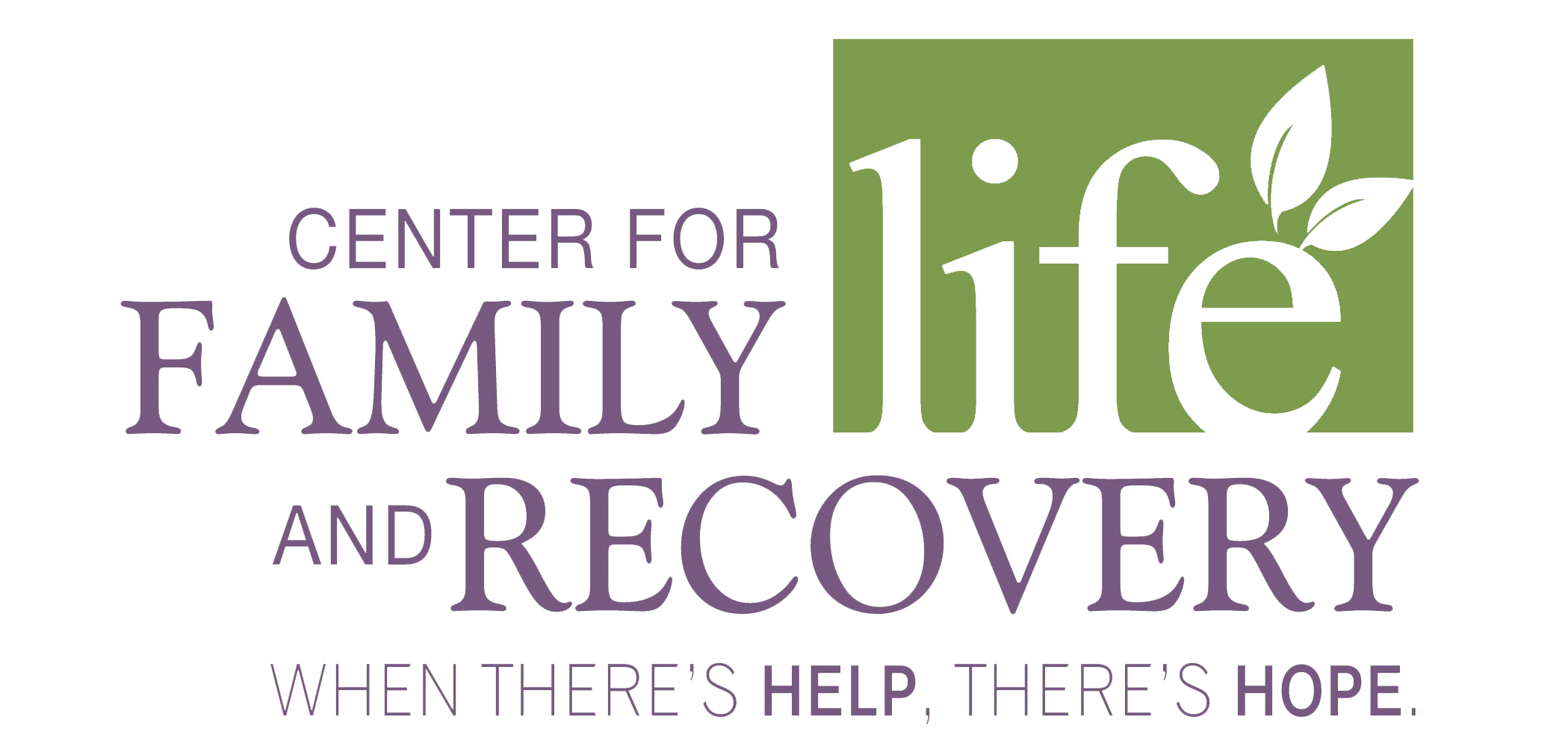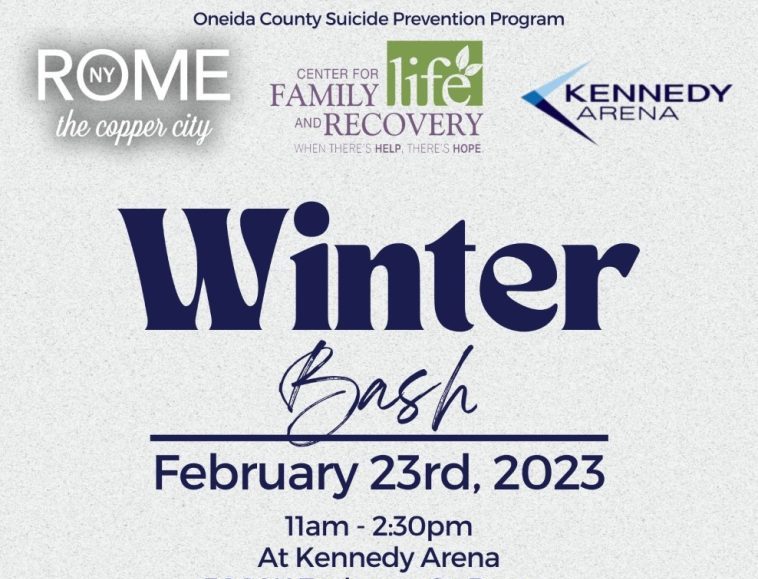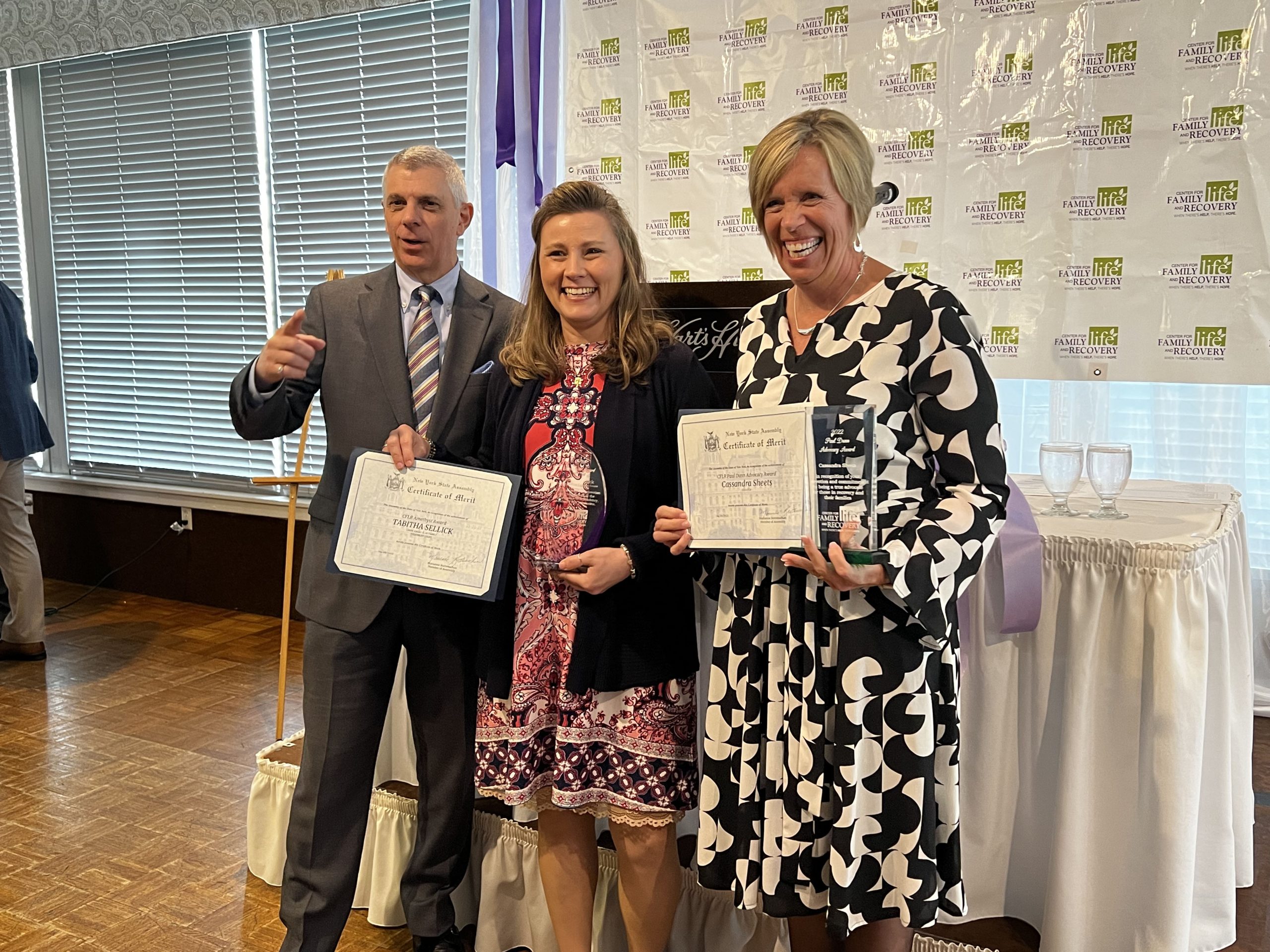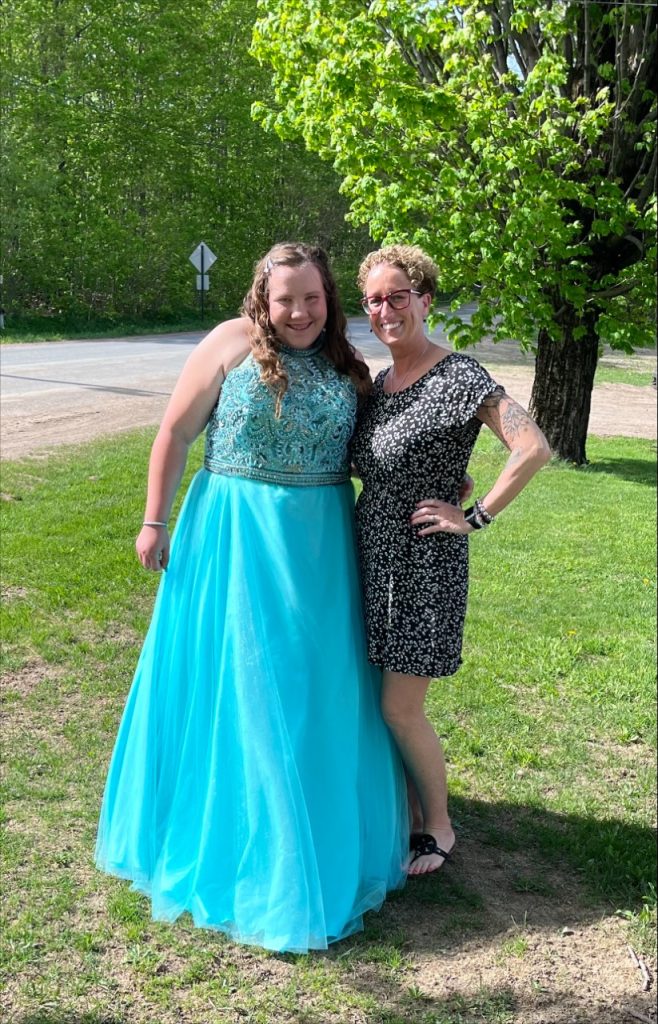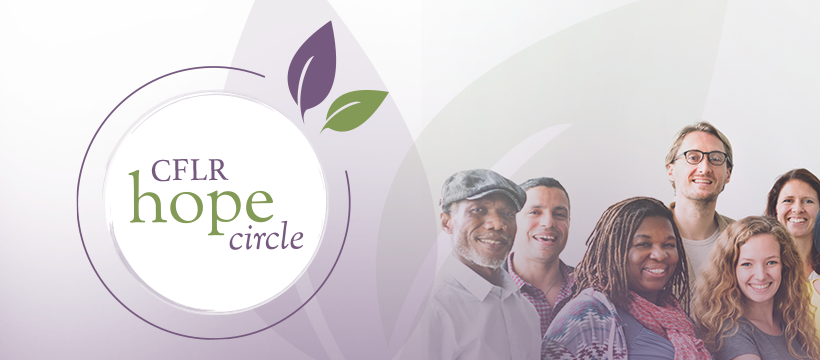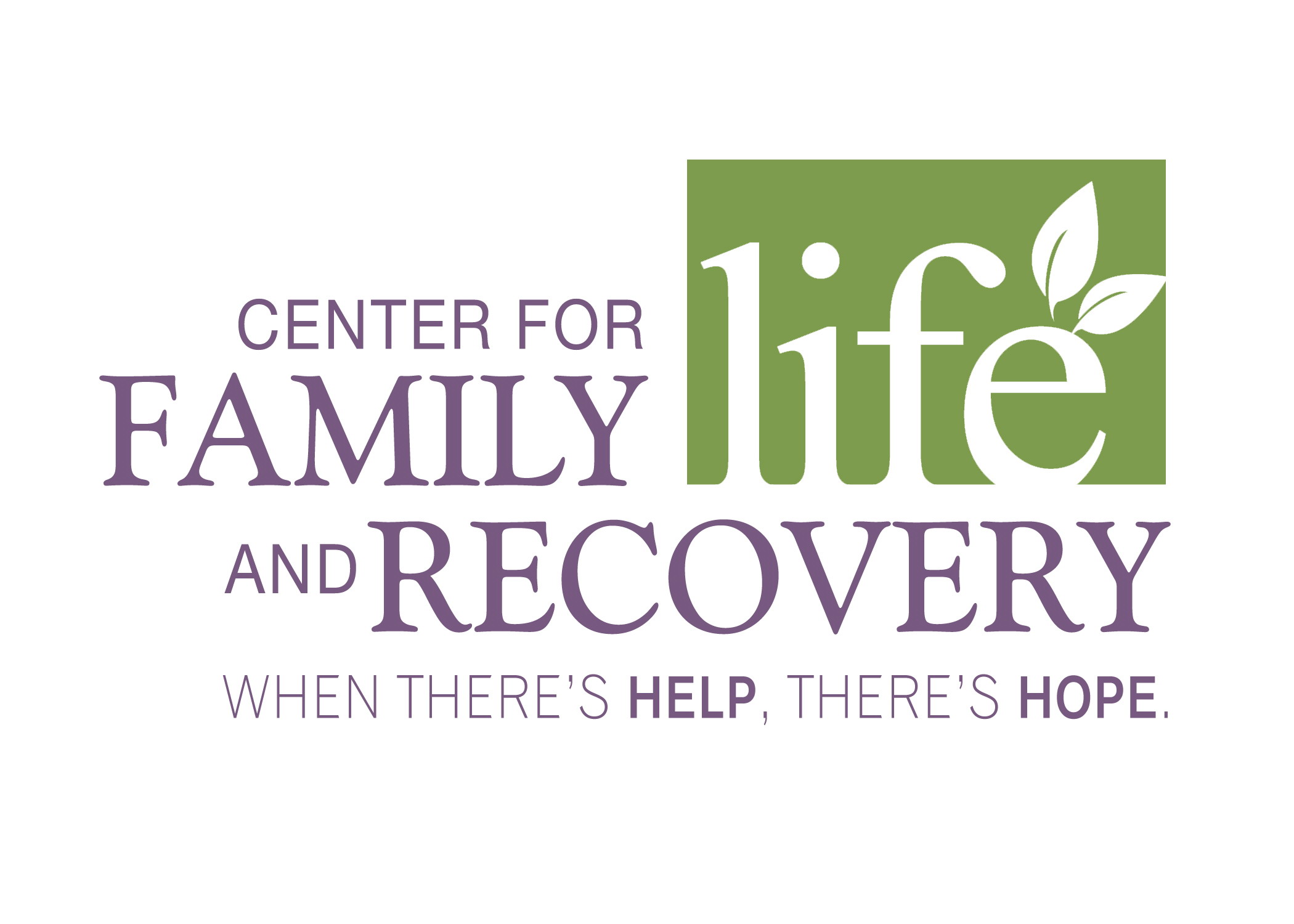Rome, New York (January 2023) – Center for Family Life and Recovery, together with the City of Rome, will host “Winter Bash” at Kennedy Arena, 500 W. Embargo St. in Rome, NY, on February 23rd from 11am-2:30pm.
The youth fun day will include many free activities for local youth and their families, including a snowman building contest from 11-12:30, crafts, and a DJ on site. There will also be free open ice skating from 1-2:30pm. Families can enjoy free hot chocolate and popcorn. concessions will be available for purchase.
“We are excited to sponsor “Winter Bash” with the Center for Family Life and Recovery (CFLR) for our youth who are on midwinter break and their families. Kennedy Arena is a great venue providing space for indoor skating, crafts and a DJ as well as a snowman building contest on the outdoor space. Our Recreation Department is committed to hosting events year-round geared toward youth and families, and by partnering with CFLR we are able to offer a fun activity during winter break,” said Mayor Jacqueline M. Izzo.
“This event is something fun for area kids and their families to do during the February mid-winter break,” said Cassandra Sheets, CEO of CFLR. “Youth in Oneida County need more opportunities to get out in the community, have fun, and build positive memories, and we think this event will do just that!”
“Winter Bash” is a result of a grant received by the Oneida Country Suicide Prevention Program and utilized by the Center for Family Life and Recovery to provide outreach to youth and their families. For more information on the grant, visit https://ocgov.net/news/oneida-county-suicide-prevention-program-receives-12500-grant.
Other sponsors of Winter Bash include Oneida County Health Department, Cornell Cooperative Extension, Connected Family Schools, and wellness professional, Julian Tillman, Vitality, and more.
Center for Family Life and Recovery, Inc. is proud to be the area’s leading expert in advocacy, prevention, counseling, and employee assistance programs. Along with supporting individuals and families struggling with addiction and recovery, mental health, and behavioral issues, CFLR’s goal is to inspire hope, provide help, promote wellness, and transform lives. To learn more, visit www.whenthereshelpthereshope.com
